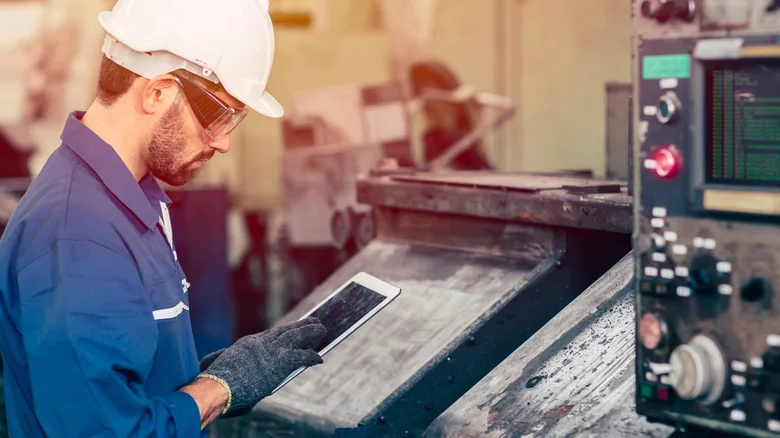Community, Leadership, Experimentation, Diversity, & Education
Pittsburgh Arts, Regional Theatre, New Work, Producing, Copyright, Labor Unions,
New Products, Coping Skills, J-O-Bs...
Theatre industry news, University & School of Drama Announcements, plus occasional course support for
Carnegie Mellon School of Drama Faculty, Staff, Students, and Alumni.
CMU School of Drama
Monday, April 14, 2025
Subscribe to:
Post Comments (Atom)

2 comments:
In today's age of construction, understanding CNC and how the code works and what each letter 0 and number mean. This article made me understand a little better how G-code is made and what it is doing when I’m just clicking a line. I think that we are experiencing a really interesting transition in American manufacturing and manufacturing in general. The trust of machines performing the way we anticipate them too has gone up substantially, this dynamic has created the ability to operate these complicated machines without fully understanding how they work and what their capabilities are. Where it used to be extremely difficult to get a job as a machinist because of the level of skill required to operate them. Now it feels that skills required to operate a CNC operated machine are dumbed down. We have more moments of wasting hours/days troubleshooting a file to cut the piece out correctly. When the operator had to understand how to manipulate the machine to achieve the cut. Instead of it just populating its code.
We’ve talked about “CNC” in my engineering class, and about how a lot of things are technically “CNC” but aren’t advertised as it. I think typically when I think of a CNC machine, I think of a big machine that can cut metal very precisely, but it also includes 3D printers. I didn’t know about G-codes and M-codes, which are super interesting! I know what modern CNC machines need to function, ie which file types and why, but I don’t exactly understand the how. These machines are evolving really quickly and it’s the kind of stuff I’m interested in doing for a career. I’d love to be able to work to manufacture and find a way to use this new technology in a theater setting. At what point will we be able to 3D print big set pieces in a worthwhile way? Right now that would take way too long, are too big, and take way too much material, but maybe there’s a point in the future where we can upload a vectorworks or autoCAD file and it will automatically slice it up into pieces for us to assemble, and then the material can be melted down and reused for the next show.
Post a Comment